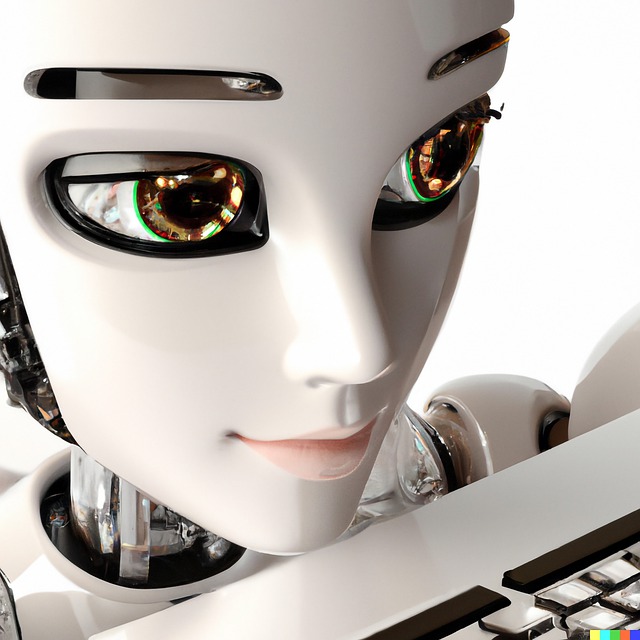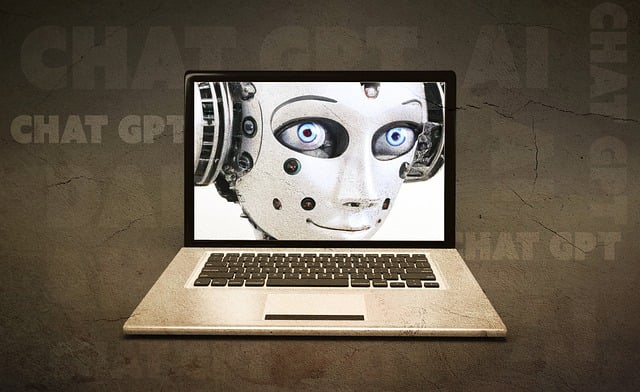Section 1: The Limitations of Traditional Writing Methods
For centuries, writing has been seen as a purely human endeavor, with the ability to create and express oneself through words being a unique and treasured skill. However, despite the endless potential of the human imagination, there are certain limitations that come with traditional writing methods. Ideas can be elusive, writer’s block can strike at any moment, and the editing process can be tedious and time-consuming. These challenges can hinder the creative process and prevent writers from fully unleashing their potential. This is where AI technology comes in, offering a transformative solution to these age-old problems.
Section 2: How AI Technology is Revolutionizing Writing
Artificial intelligence has made significant advancements in recent years, and its impact on the writing industry is undeniable. With the use of algorithms and machine learning, AI technology can analyze vast amounts of data and generate new ideas, plotlines, and characters. This not only helps writers overcome writer’s block but also opens up new possibilities for storytelling. Additionally, AI tools can assist in the editing process by offering suggestions for sentence structure, grammar, and word choice. This not only saves time and effort but also improves the overall quality of writing.
One of the most exciting developments in AI technology for writing is the creation of chatbots. These computer programs are designed to interact with users in a conversational manner, and some have been specifically programmed to assist in the writing process. For example, there is a chatbot called “Heliograf” that has been used by major news outlets such as The Washington Post to generate automated news stories. While this may raise concerns about the future of human writers, it also highlights the potential for AI technology to enhance and complement human creativity, rather than replace it.
Section 3: The Ethical Implications of AI Technology in Writing
As with any emerging technology, there are ethical implications to consider when it comes to the use of AI in writing. One of the main concerns is the potential for plagiarism. With AI tools being able to generate ideas and content, there is a risk that writers may unknowingly use material that has been created by a machine. This raises questions about ownership and originality in writing. However, there are already measures in place, such as plagiarism checkers, to help writers avoid this issue.
Another ethical concern is the potential for bias in AI-generated content. As these tools rely on data and algorithms, they may perpetuate existing biases and stereotypes. This is especially concerning in areas such as news reporting, where accuracy and objectivity are crucial. It is important for AI developers to address these issues and ensure that their technology is not perpetuating harmful biases.
Despite these concerns, the use of AI technology in writing has the potential to bring about positive change. With its ability to analyze data and generate new ideas, AI can help writers tackle complex and pressing issues such as climate change, social justice, and mental health. It can also assist in creating more diverse and inclusive content by offering suggestions for inclusive language and representation.
Conclusion
In conclusion, AI technology is revolutionizing the writing industry by offering a transformative solution to the limitations of traditional writing methods. From generating new ideas to assisting in the editing process, AI tools have the potential to enhance and complement human creativity. However, it is important to consider the ethical implications of this technology and ensure that it is used responsibly. As we continue to explore the possibilities of AI in writing, it is essential to strike a balance between human creativity and technological advancements, ultimately leading to a more diverse, innovative, and inclusive literary landscape.











